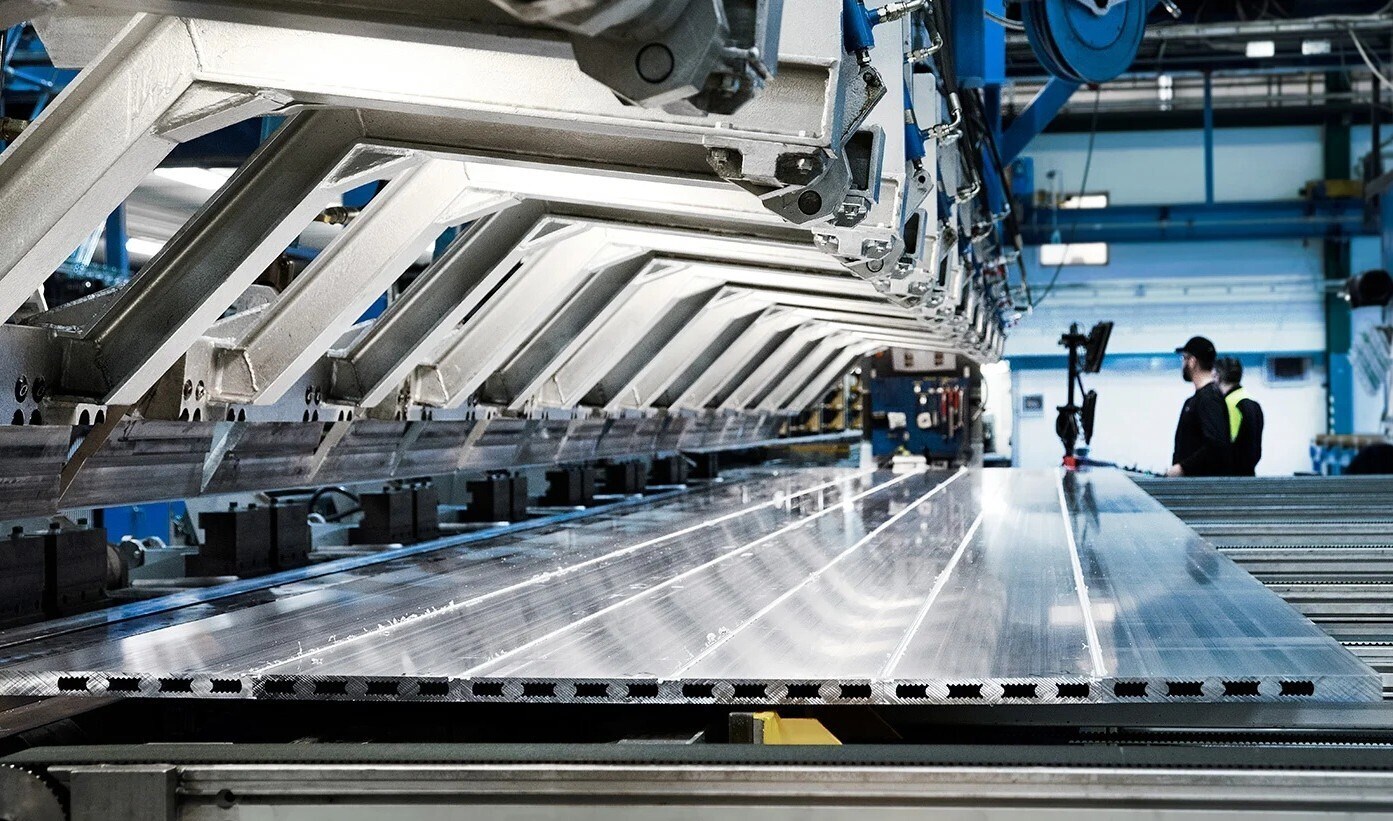您想继续阅读英文文章还
是切换到中文?
是切换到中文?

THINK ALUMINIUM THINK AL CIRCLE

Hydro has signed up for its first formal research collaboration with the University of Michigan for USD 2.5 million to drive progress in aluminium recycling and alloy development.

Image source: https://www.hydro.com/globalassets/
Explore- Most accurate data to drive business decisions with 50+ reports across the value chain
Eivind Kallevik, President and CEO of Hydro, and Karen A. Thole, Dean of Engineering at the University of Michigan, signed an agreement establishing the CREATe Partnership, short for Center for Recycling, Extrusion and Aluminium Technology. The initiative aims to strengthen the US supply chain by leveraging innovative development in sustainable materials.
The programme will explore methods to maintain strength and performance across multiple recycling cycles, tackling impurities such as iron. Three research teams will investigate areas including electric current-assisted intermetallic refinement, composition-enhanced solidification, and computational alloy design.
“Industrial progress depends on collaboration between science and industry,” said Eivind Kallevik. “This partnership continues Hydro’s long tradition of combining research with innovation to advance aluminium recycling and alloy technology.”
Don't miss out- Buyers are looking for your products on our B2B platform
Hydro’s technical centres in Cassopolis and Troy, Michigan, already work closely with automotive customers to design alloys for crash management and structural use. The new partnership will build on this expertise, helping industries cut emissions, improve circularity, and secure sustainable supply chains.
“This partnership unites leading minds in materials science to push the boundaries of aluminium recycling,” stated Karen A. Thole. “Together, we aim to create a more resilient and sustainable future.”
The University of Michigan partnership adds to Hydro’s growing presence in the United States. Over the past five years, the company has invested more than USD 1 billion in US manufacturing, including a new recycling plant and R&D centre in Cassopolis, Michigan, and an upgraded extrusion facility in Cressona, Pennsylvania.
Hydro’s global R&D network connects in-house scientists, universities, and research institutes, ensuring that innovation moves swiftly from the lab to large-scale production. This is quite a supportive approach that is expected to favour customers in automotive, construction, transport, and consumer goods to meet their sustainability goals.
Must read: Key industry individuals share their thoughts on the hottest topics
Responses








